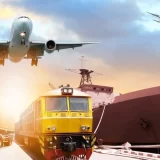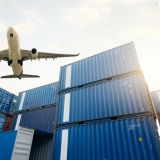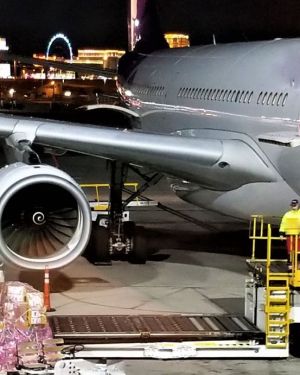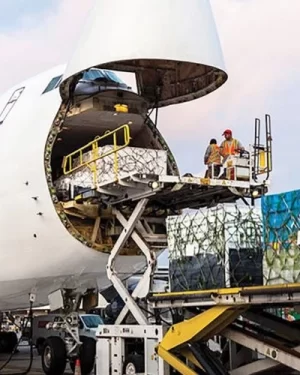Day 1: Introduction and Fundamentals
Morning Session:
• Introduction to E-Cargo:
o Definition and importance of E-Cargo
o Historical overview and evolution of cargo processes
• E-Cargo Standards:
o Overview of international standards
o Key organizations (IATA, ICAO, FIATA)
o Compliance and regulatory requirements
Afternoon Session:
• E-Cargo Documentation:
o Electronic Air Waybill (e-AWB)
o Electronic Consignment Security Declaration (e-CSD)
o Electronic Cargo Messaging (Cargo-IMP, Cargo XML)
• Workshop:
o Practical exercises on filling e-AWB and e-CSD
Day 2: E-Cargo Processes and Technologies
Morning Session:
• E-Cargo Processes:
o Booking and reservations
o Cargo acceptance and handling
o Shipment tracking and tracing
• Technology in E-Cargo:
o Overview of IT systems used in E-Cargo
o Cargo Community Systems (CCS)
o Digital transformation in cargo operations
Afternoon Session:
• Data Security and Privacy:
o Importance of data security in E-Cargo
o Cybersecurity measures and best practices
• Case Studies:
o Analysis of successful E-Cargo implementations
o Lessons learned from industry leaders
Day 3: Advanced Topics and Future Trends
Morning Session:
• E-Cargo and Supply Chain Integration:
o Role of E-Cargo in the global supply chain
o Collaboration with other logistics partners
• Sustainability in E-Cargo:
o Environmental impact of cargo operations
o Sustainable practices and green logistics
Afternoon Session:
• Future Trends in E-Cargo:
o Emerging technologies (Blockchain, IoT, AI)
o Innovations and future developments
• Final Assessment and Q&A:
o Knowledge assessment (quiz or practical test)
o Open forum for questions and discussion
• Certificate Awarding:
o Presentation of completion certificates to participants







